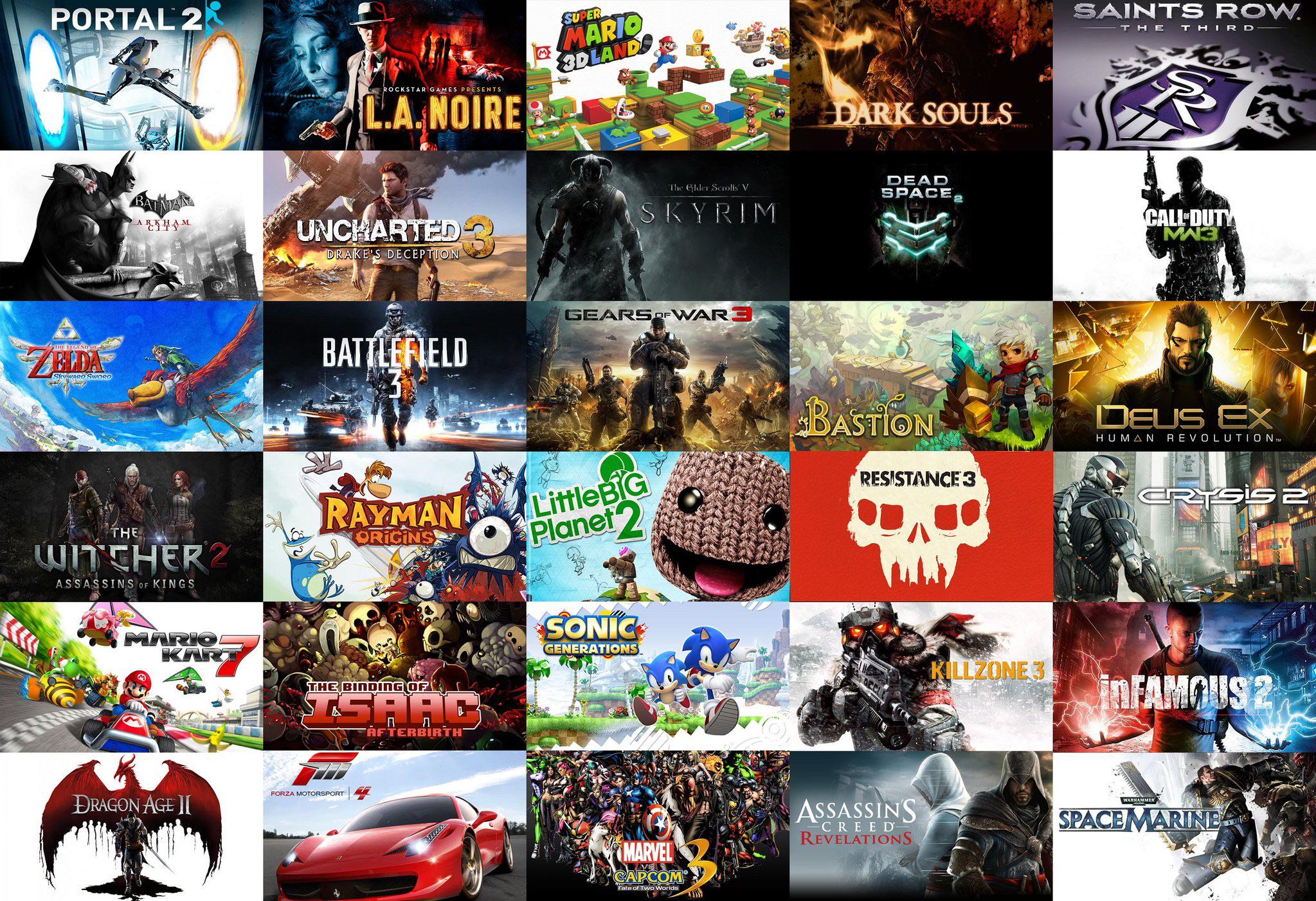The gaming industry in 2024 witnessed a significant cultural shift, as players increasingly pushed back against the erosion of game ownership. From DRM-heavy launches to the rise of subscription services, gamers voiced growing frustrations with practices that left them feeling more like renters than owners of the games they love. The year saw a collective movement demanding transparency, permanence, and control over purchased content.
What Sparked the Backlash?
The pushback has been building for years, but 2024 became a tipping point due to a combination of high-profile controversies and shifting industry trends:
1. Always-Online Requirements
Gamers grew increasingly weary of games that required constant internet connectivity, even for single-player modes. Titles like Diablo IV and Redfall faced criticism for outages that rendered purchased games unplayable, sparking debates over whether players truly “own” these games.
2. The Subscription Service Explosion
While services like Xbox Game Pass and PlayStation Plus offer incredible value, many players began to question the long-term impact. Games frequently cycle in and out of availability, leaving players unable to access titles they’ve invested countless hours in. This transient model clashed with the desire for lasting ownership.
3. Delisting and Expiration
Major publishers delisted games from online stores at an alarming rate, as seen with Ubisoft’s removal of Assassin’s Creed titles and Nintendo’s shutdown of the 3DS and Wii U eShops. These actions left gamers feeling powerless to preserve their digital libraries.

4. DRM and Anti-Piracy Measures
Digital Rights Management (DRM) systems, like Denuvo, remained a thorn in the side of PC gamers. These measures, while intended to combat piracy, often led to degraded performance and raised concerns about the long-term viability of accessing games when DRM servers inevitably shut down.
Gamers Fight Back
2024 saw a surge in grassroots efforts, advocacy, and consumer-driven initiatives aimed at preserving game ownership:
1. Emphasis on Physical Media
Physical copies of games experienced a modest resurgence, as gamers sought tangible proof of ownership. Limited Run Games and similar companies thrived, offering physical editions of popular indie and AAA titles that might otherwise exist only in digital form.
2. Campaigns for Ownership-Friendly Practices
Online campaigns like #OwnYourGames and #PreserveGaming gained traction on platforms like Reddit and Twitter, pushing publishers to rethink DRM policies and embrace consumer rights. These movements amplified gamer frustrations and drew attention from industry leaders.

3. Advocacy for Game Preservation
Organizations such as the Video Game History Foundation saw increased support as gamers rallied around the cause of preserving gaming’s cultural legacy. Efforts to archive delisted and abandoned games became a focal point for preservationists.
4. Increased Demand for Digital Rights
Gamers began demanding more transparent policies around digital purchases. Calls for lifetime access guarantees, clearer refund policies, and DRM-free alternatives like those offered by GOG.com grew louder.
Industry Response
The gaming industry was not blind to the growing discontent. Some developers and publishers responded with promising initiatives:

- DRM-Free Options: CD Projekt Red’s GOG platform saw a surge in popularity, highlighting the demand for DRM-free games.
- Commitments to Preservation: Some publishers pledged to keep legacy content accessible, with companies like Capcom re-releasing older games on modern platforms.
- Transparency Efforts: Xbox introduced clearer messaging about Game Pass cycles, while indie developers embraced physical and DRM-free digital releases to build goodwill.
However, not all responses were positive. Some publishers doubled down on DRM and subscription models, further fueling tensions between players and the industry.

